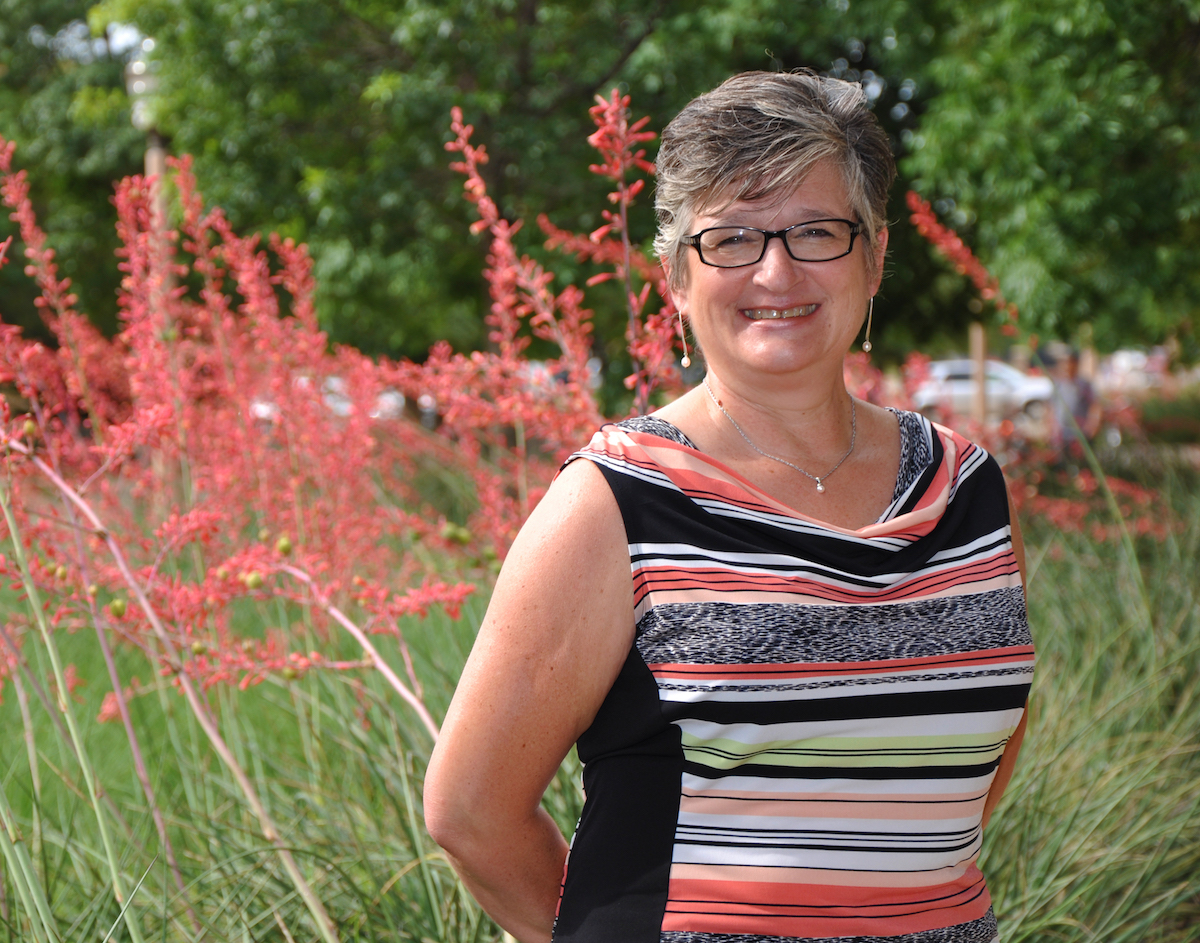The graduating classes of 2020 and 2021 are entering the workforce in a time like no other. From working virtually to learning how to build interpersonal relationship and maintain work-life balance, these new graduates will face challenges that do not always come with the traditional office experience. However, professional communicators can help those new to the field get acquainted despite the virtual environment.
We caught up with Kelli Cargile Cook, who recently co-presented the IABC webinar “Professors, Students and the Future of Communications,” to take a deeper dive into what role communicators can play in welcoming new graduates to the profession.
What are the benefits of entering the virtual workplace as a new graduate?
If the pandemic has had a benefit for new graduates, it’s that they are prepared for remote work. They understand the shift in responsibilities that occurs when work moves from a workplace (or classroom) to a home office.
How can experienced communicators set up new graduates for success in building interpersonal relationships and maintaining work-life balance in the shifting virtual and in-person workplaces?
Setting expectations is key. New graduates have seen how work can transition from traditional spaces like the classroom to the home. They’ve experienced the advantages and disadvantages of this transition. For example, the fact that work can begin at midnight, 4 a.m. or 2 p.m. is a blessing for some and a curse for others.
Experienced communicators can help by mentoring new graduates and sharing their experiences. Mentors should be explicit about organizational expectations. For example, when and where should work be performed, how quickly must email be addressed after hours and virtual meeting dress codes. Especially when new graduates begin their positions as remote workers, explicitly articulating in-person and virtual expectations will give new graduates a sense of the organizational culture and its boundaries. Knowing these boundaries will help them to adapt to work-life changes that arise as they begin their new jobs.
“Setting expectations is key. New graduates have seen how work can transition from traditional spaces like the classroom to the home. They’ve experienced the advantages and disadvantages of this transition.”
When classes went virtual, students experienced a shift in traditional learning and picked up new skills while navigating an online environment. How can new graduates take these skills and make them marketable during their job search?
This is a very interesting question because the students I interviewed at Texas Tech wondered exactly the same thing. They recognized that they were more organized now than pre-pandemic, and they talked about how they had learned self-discipline and time management skills that weren’t previously necessary. They identified many silver linings that simply weren’t possible to imagine when the pandemic began. But, in almost every conversation, students came back to this question: Would jobs be there for them? Would the isolation and quarantine of the past year affect their abilities to network and find jobs? Would they have the skills necessary to compete? So I can’t answer this question exactly. I don’t know how they will capitalize on their experiences, but I am very much looking forward to seeing how they do.
How can a professional association like IABC support communicators who are fresh out of college as they embark on a career in a virtual world?
Our Texas Tech students offered suggestions for webinars and workshops. They are interested in webinars or online articles about the market for new graduates, tips for job searching, tips for online networking and help with managing remote work. They also expressed interest in workshops where actual employers would critique their resumes, social networking and presentation skills. In other words, they want to connect with people who hire and supervise communicators. IABC and its members are poised to provide this support.

Featuring Kelli Cargile CookKelli Cargile Cook is a professor and founding chair of the Professional Communication Department at Texas Tech University. Prior to this appointment, she served as professor and director of technical communication and rhetoric at Texas Tech and as associate professor at Utah State University. Her scholarship focuses on online education, online training, program development and assessment, and user-experience design. Currently, she is working on a co-edited collection with Kate Crane, titled, “User Experience as Innovative Academic Practice.” She co-edited two collections on online education in technical communication: “Online Education 2.0: Evolving, Adapting, and Reinventing Online Technical Communication” (2013) and “Online Education: Global Questions, Local Answers” (2005). She co-authored “The Agile Communicator” with Craig Baehr (2017).
Dr. Cargile Cook is currently a member of the IABC Academy Committee. She is a past president of the Association of Teachers of Technical Writing and of the Council for Programs in Technical and Scientific Communication. She has received three lifetime awards in technical and professional communication. She won the Distinguished Service Award from the Council for Programs in Technical and Professional Communication in 2013, and she was recognized as a Fellow by the Association of Teachers of Technical Writing in 2014. Most recently, in 2020, Cargile Cook received the Ronald S. Blicq Award for Distinction in Technical Communication Education from the IEEE Professional Communication Society.